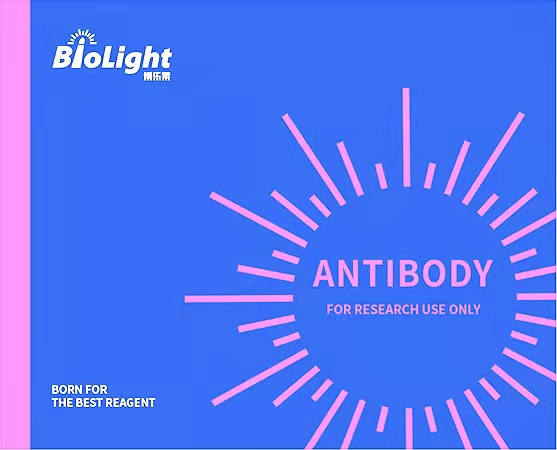
Anti-NECTIN2 Antibody, Rabbit Polyclonal
产品编号:PA00502HuA10
$ 询价
规格 50uL 100uL 200uL
产品名称:Anti-NECTIN2 Antibody, Rabbit Polyclonal
经验证的应用:WB/IHC/IF/ICC
交叉反应:/
特异性:human CD3D
免疫原:CD112, PVRL2, HVEB, PRR2, PVRR2, Herpesvirus Entry Mediator B, Herpes virus entry mediator B
制备方法:Produced in rabbits immunized with human CD3D, and purified by antigen affinity chromatography.
来源:Polyclonal Rabbit IgG
纯化:Immunogen affinity purified
缓冲液:Supplied in PBS, 50% glycerol and less than 0.02% sodium azide, PH7.4
偶联物:Unconjugated
状态:Liquid
运输方式:This antibody is shipped as liquid solution at ambient temperature. Upon receipt, store it immediately at the temperature recommended.
储存条件:This antibody can be stored at 2℃-8℃ for one month without detectable loss of activity. Antibody products are stable for twelve months from date of receipt when stored at -20℃ to -80℃. Preservative-Free. Avoid repeated freeze-thaw cycles.
别称:CD3-DELTA, T3D, T-Dell Surface Glycoprotein CD3 Delta Chain, T-cell receptor T3 delta chain
背景信息:Nectin-2/CD112. Nectins are a small family of Ca++-independent immunoglobulin (Ig)-like cell adhesion molecules (CAMs) that control cell adhesion, proliferation, and migration (1, 2, 3). The name Nectin derives from the Latin word necto, which means “to connect”. The Nectin family contains four members (Nectin-1 - 4), all of which show alternate splicing, a transmembrane (TM) region (except for Nectin-1 gamma which is secreted), and three extracellular Ig-domains. Nectins are highly homologous to the human receptor for poliovirus, and as such have been given the alternate name of poliovirus receptor-related proteins. They do not, however, appear to bind poliovirus (1). Mouse Nectin-2 is a 70 to 78 kDa type I TM glycoprotein that is found on a variety of cell types (4, 5). It has two splice forms (4, 6, 7). Nectin-2 alpha /PRR2 is a 65 kDa short form and is synthesized as a 467 amino acid precursor. It contains a 31 aa signal sequence, a 315 aa extracellular domain (ECD), a 28 aa TM segment, and a 93 aa cytoplasmic region. The ECD contains one N-terminal V-type Ig domain and two 85 - 95 aa C2-type Ig-like domains (aa 153 - 337) (8). The V-domain is believed to mediate Nectin binding to its ligands (9). A long, 78 kDa, 530 aa isoform of mouse Nectin-2 (Nectin-2δ) also exists. It has the same signal sequence and extracellular domain as Nectin-2 alpha (aa 1 - 338), but differs in the TM segment (21 aa in length) and cytoplasmic region (159 aa in length) (4, 6, 7). Mouse Nectin-2 ECD (aa 32 - 338) shares 72%, 77% and 95% aa identity with the ECD in human, canine and rat Nectin-2, respectively. Nectin-2 is known to bind pseudorabies virus, and herpes simplex virus-2 (HSV-2). It also binds select HSV-1 strains. It does not bind poliovirus (1, 10, 11). As a cell adhesion molecule, Nectin-2 will form cis-homodimers (same cell) and trans-homodimers (across cells). Nectin-2 will not cis-dimerize with other Nectins, but will trans-heterodimerize with Nectin-3 and CD266/DNAM-1 (1, 3, 11, 12, 13). Nectin-2 is found concentrated at cell-to-cell interfaces, and is presumed to contribute to tight and adherens junction formation (14). Through its interaction with NK and T cell expressed DNAM-1, it also promotes lymphocyte cytotoxicity and cytokine secretion against both tumors and dendritic cells (DC) expressing Nectin-2 (15, 16). In the case of DC, this may be a mechanism whereby the immune system eliminates DC that are inefficient at antigen presentation. Nectin-2 is expressed on epithelium, endothelial cells, Sertoli cells, monocytes, dendritic cells, granulosa cells, mast cells, eosinophils and fibroblasts.
全称:Nectin-2 (NECTIN2)
说明书:待上传

